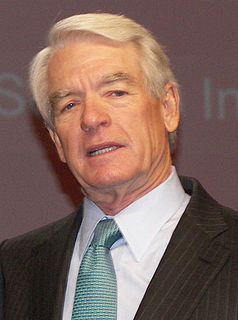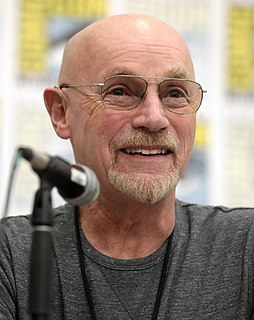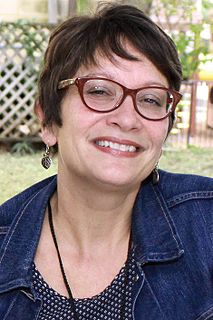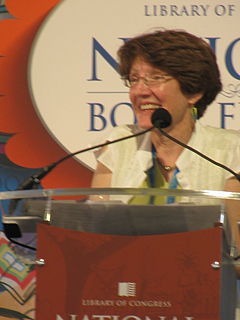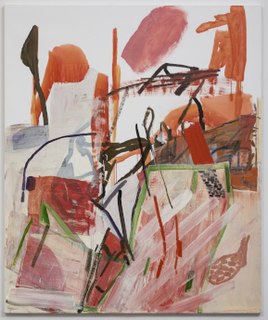Цитата Фрэнка Скиннера
Я читал комиксы, когда был ребенком. Теперь у меня есть страсть к искусству и галереям, которые, я думаю, произошли от этого. Я не читал книги без картинок, пока мне не исполнился 21 год.
Связанные цитаты
Мне повезло, что я прочитал так много книг в детстве, потому что я знаю, что независимо от того, насколько я ценю книгу сейчас, и я могу очень сильно любить книгу, это никогда не будет той детской страстью к книге. Есть какой-то элемент, что-то особенное в том, как они читают книги и воспринимают книги, которые ограничены.
Возьмите книгу, самую бедную из написанных, но читайте ее со страстью, как будто это единственная книга, которую вы будете читать. В конце концов, вы прочтете из нее все, то есть столько, сколько было в вас самих, и вы никогда не сможете извлечь из чтения большего, даже если вы прочитаете лучшую из книг.
Когда я начинал заниматься комиксами, книги «Искусство» были исключительно произведениями великих людей, таких как Рембрандт и Да Винчи. Но времена меняются, и отношение тоже. Теперь комикс считается формой искусства, и я надеюсь, что «Жизнь в словах и картинках» внесет небольшой вклад в историю этого вида искусства.
Вы не можете написать книгу, если вы никогда не читали книгу. И если вы прочитали пять книг и попытаетесь написать книгу, ваша книга будет в основном охватывать темы и контекст пяти прочитанных вами книг. Теперь, чем больше книг вы читаете, тем больше вы можете привнести в книгу, когда решите ее написать. Так что чем больше я изучал рэп, тем больше я мог привнести в рэп, когда решил заниматься рэпом. Но это все было подсознательно.
Я не читал книг, пока мне не исполнился 31 год, когда мне поставили диагноз дислексия. Книги меня пугали. Они заставляли меня нервничать. Теперь я знаю, что вы можете отправиться на дно океана, в открытый космос или куда-то еще, не вставая с кресла, и мне очень, очень жаль, что я не умел читать, когда был моложе.
Некоторые люди скажут: «Зачем читать комиксы? Они подавляют воображение. Если вы читаете роман, вы представляете, какие люди на самом деле. Если вы читаете комикс, он показывает вам». Единственный ответ, который я могу дать: «Вы можете читать пьесу Шекспира, но значит ли это, что вы не захотите увидеть ее на сцене?
Я думаю, что любой комикс — или, на самом деле, любая книга, которую вы можете прочитать — в некотором смысле является образовательным пособием, поскольку помогает грамотности. Чем больше вы читаете, тем лучше у вас получается. Почти неважно, что вы читаете, главное, чтобы молодые люди стали читателями.
Иногда я перечитываю одни и те же книги снова и снова. Что хорошего в книгах, так это то, что содержимое внутри них не меняется. Люди говорят, что нельзя судить о книге по обложке, но это неправда, потому что прямо на обложке написано, что внутри. И сколько бы раз вы ни читали эту книгу, слова и картинки не меняются. Вы можете открывать и закрывать книги миллион раз, и они останутся прежними. Они выглядят одинаково. Они говорят одни и те же слова. Схемы и картинки одного цвета. Книги не такие, как люди. Книги в безопасности.


